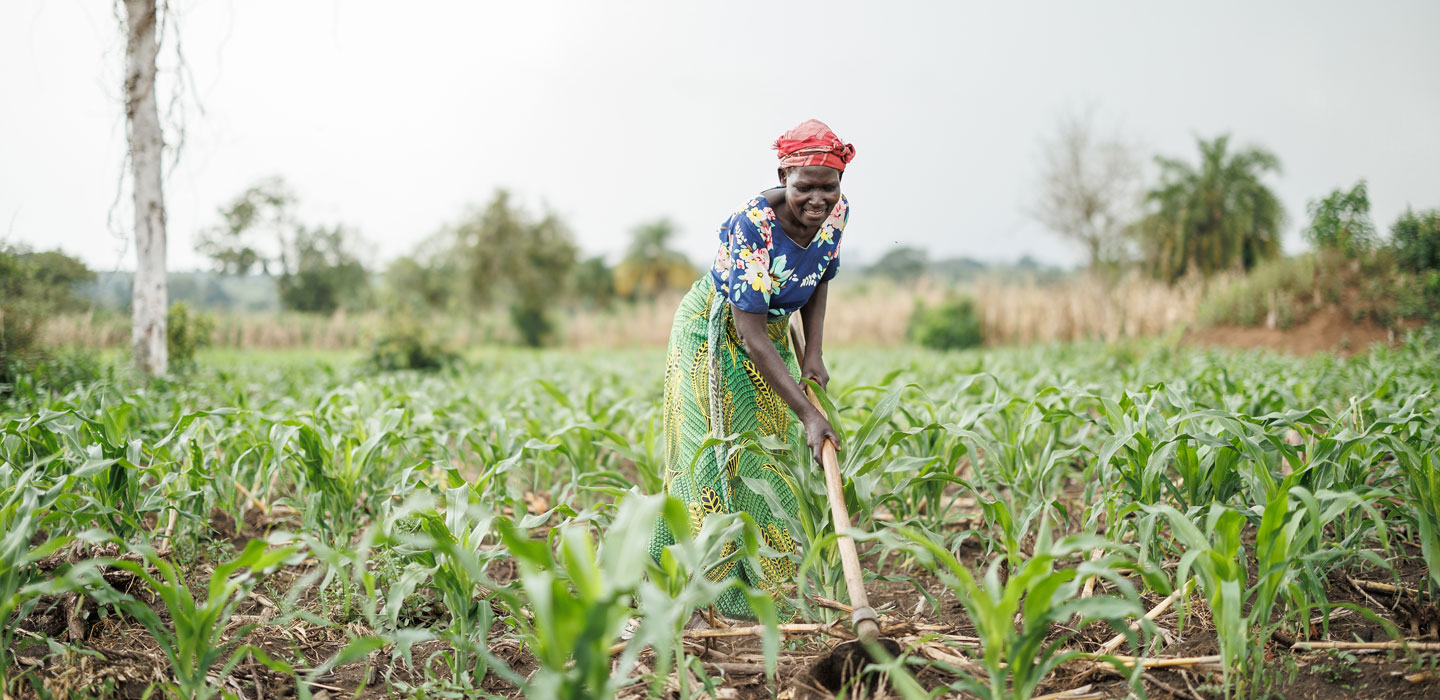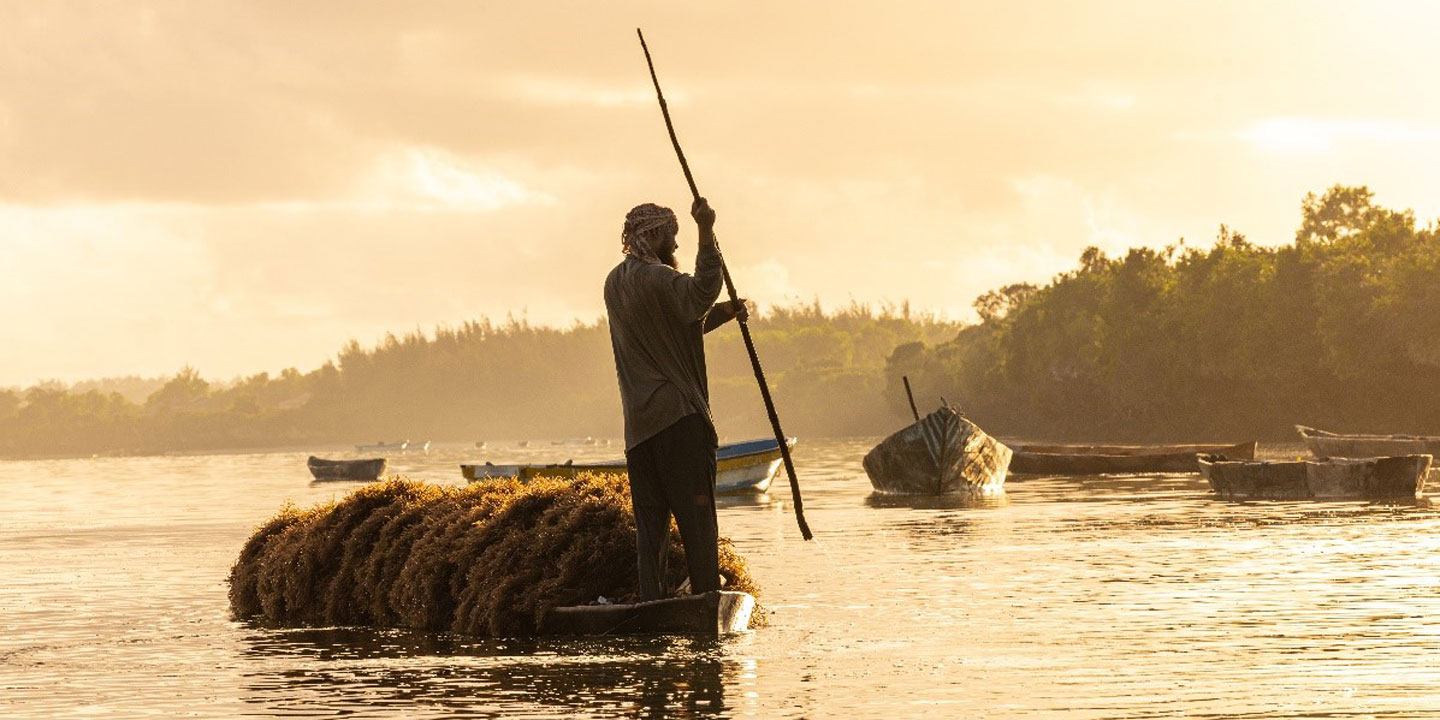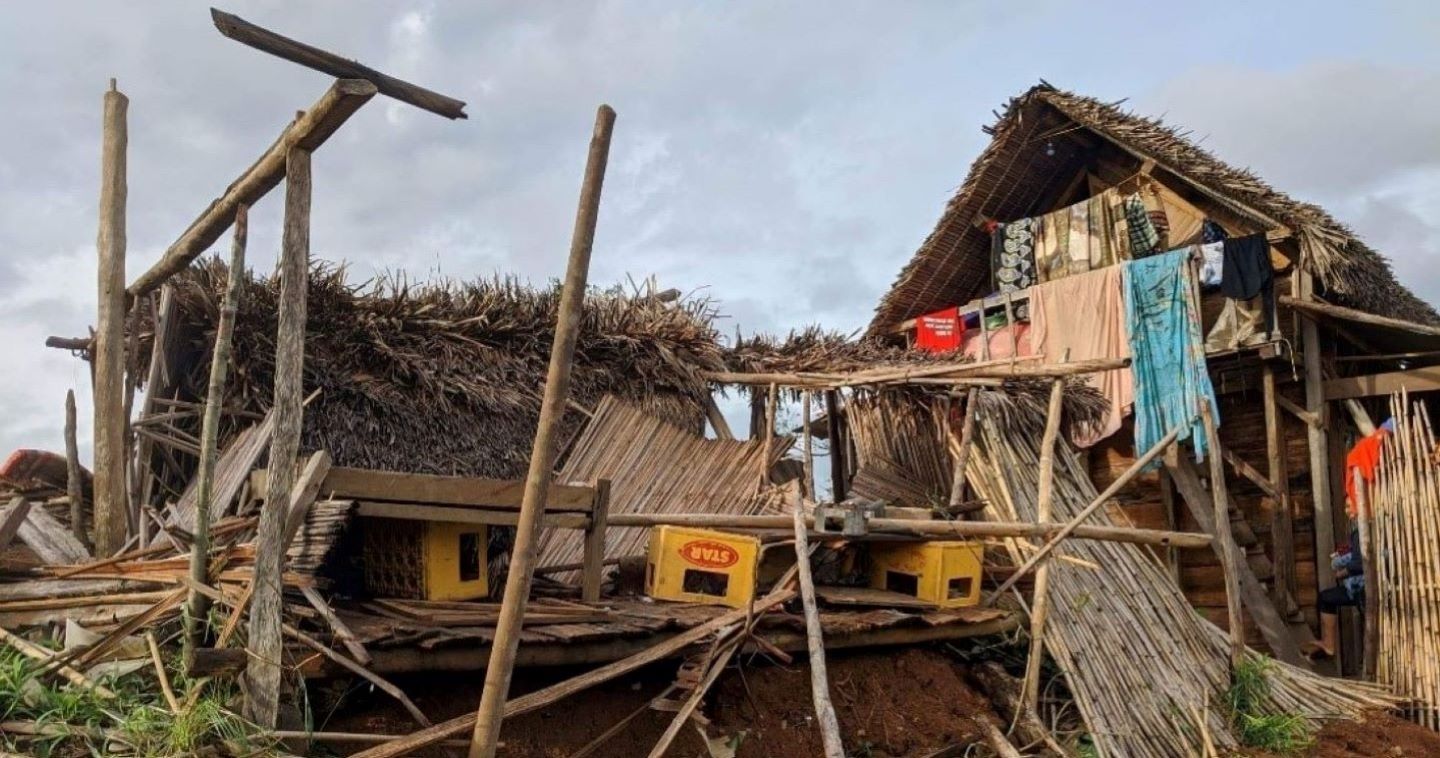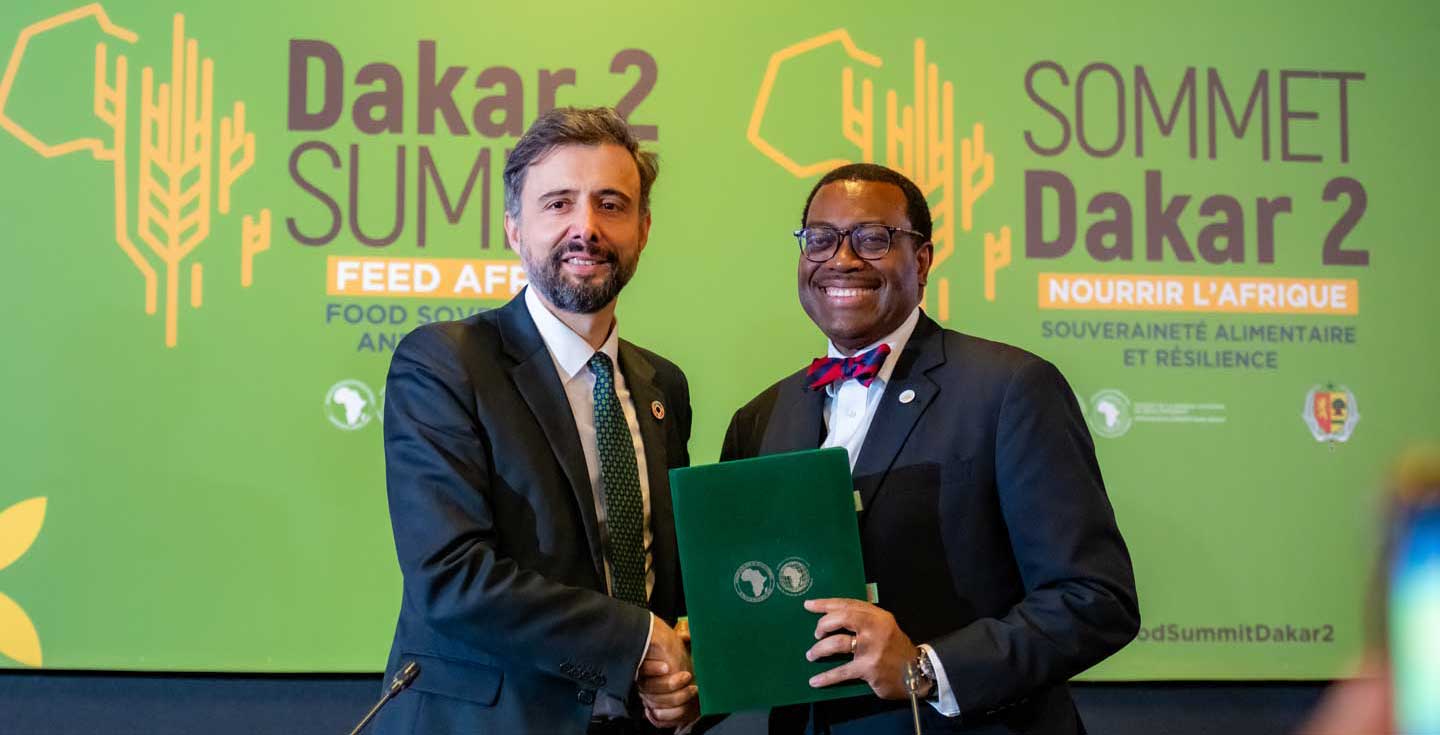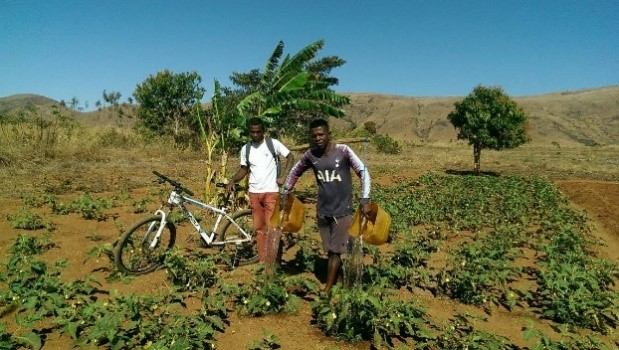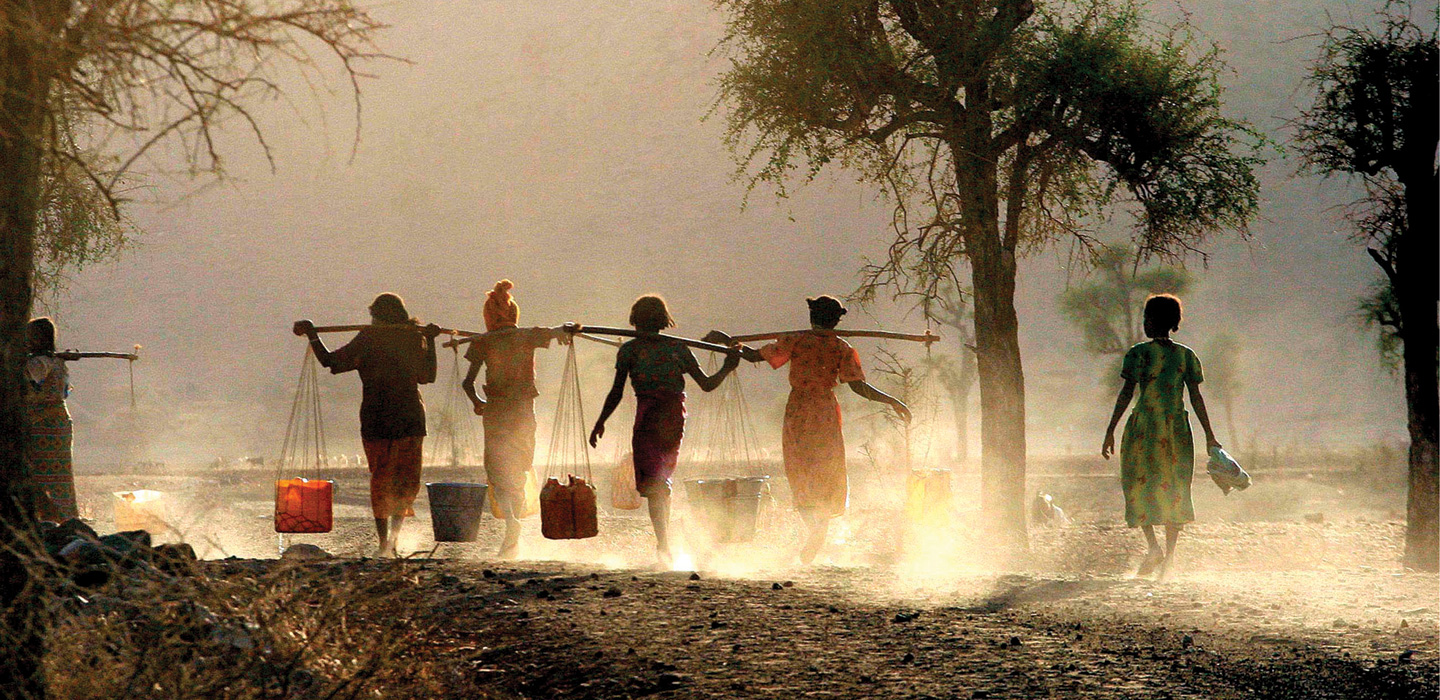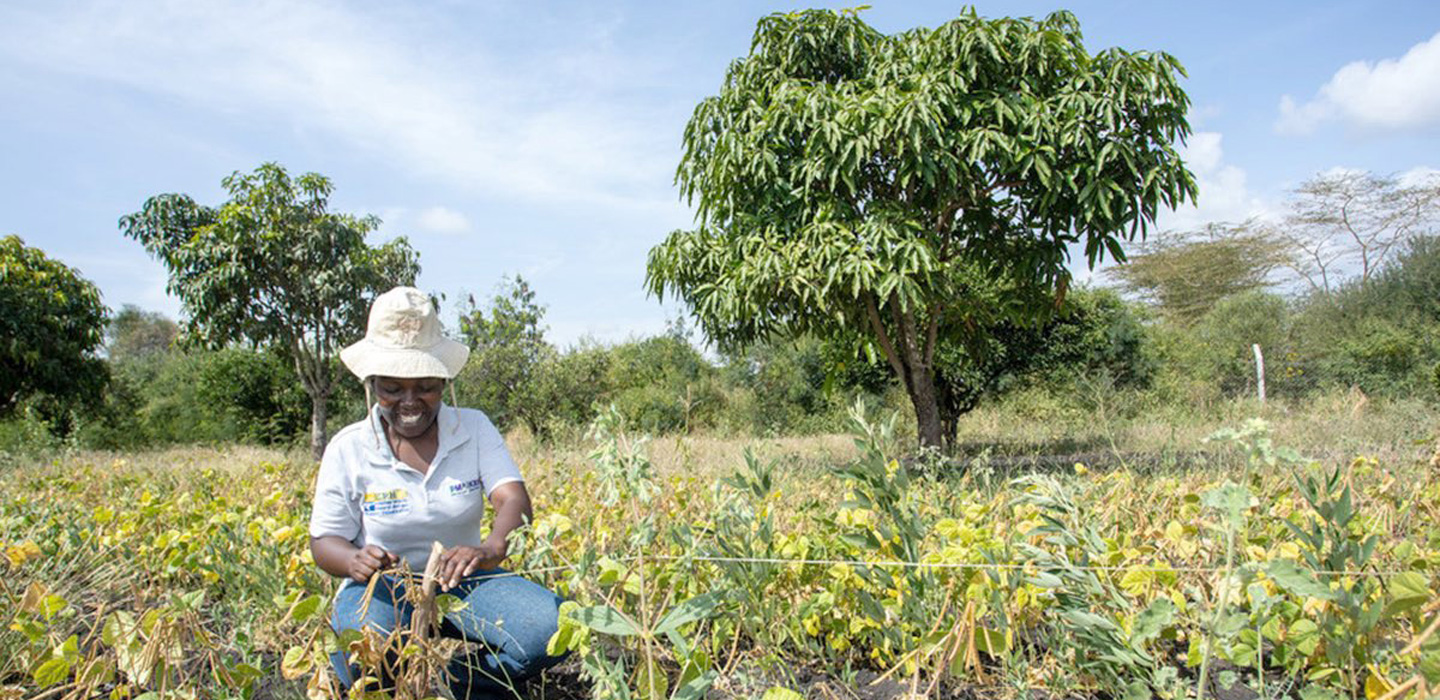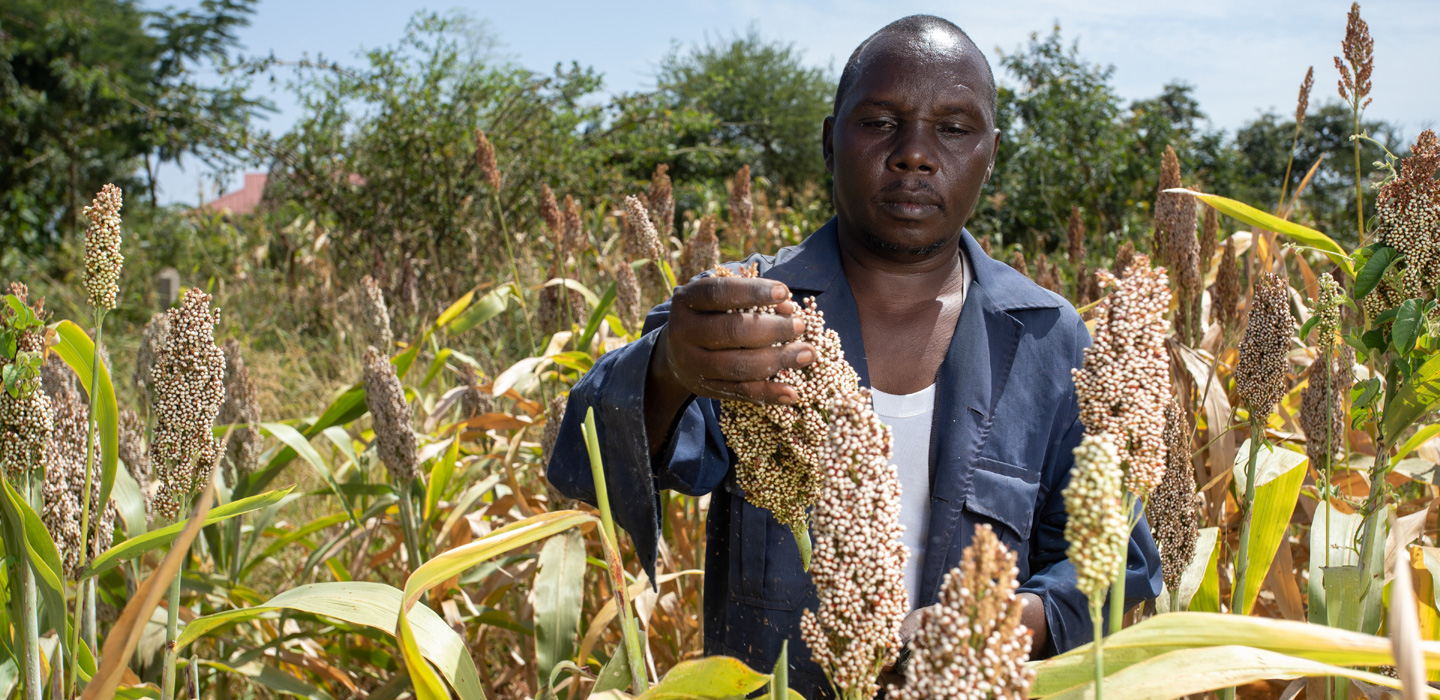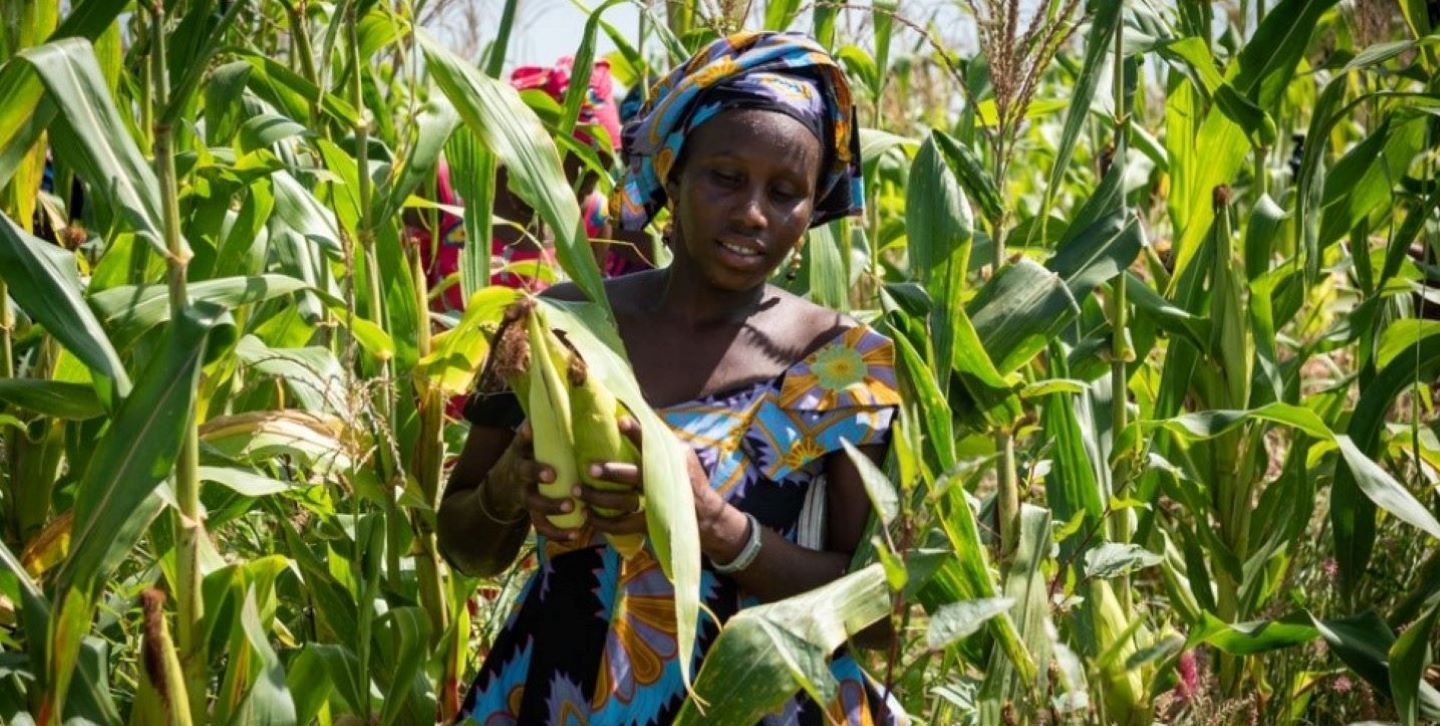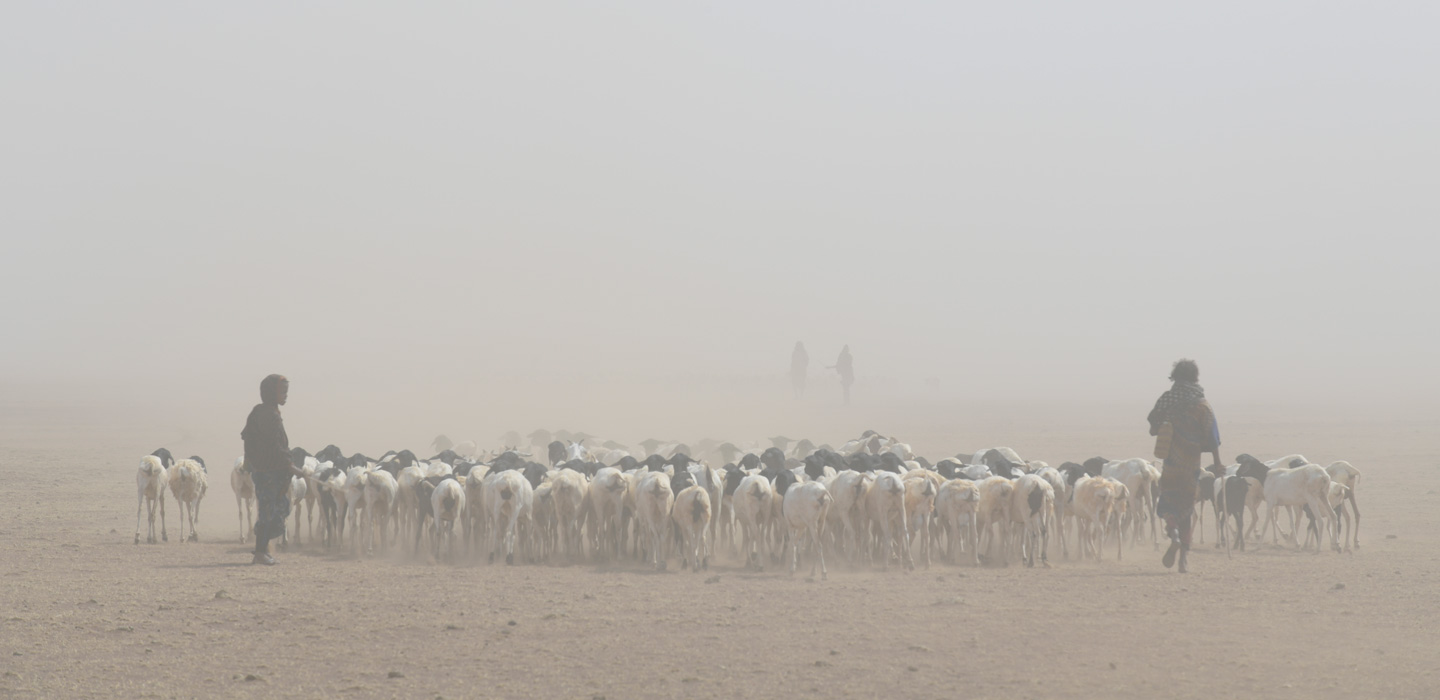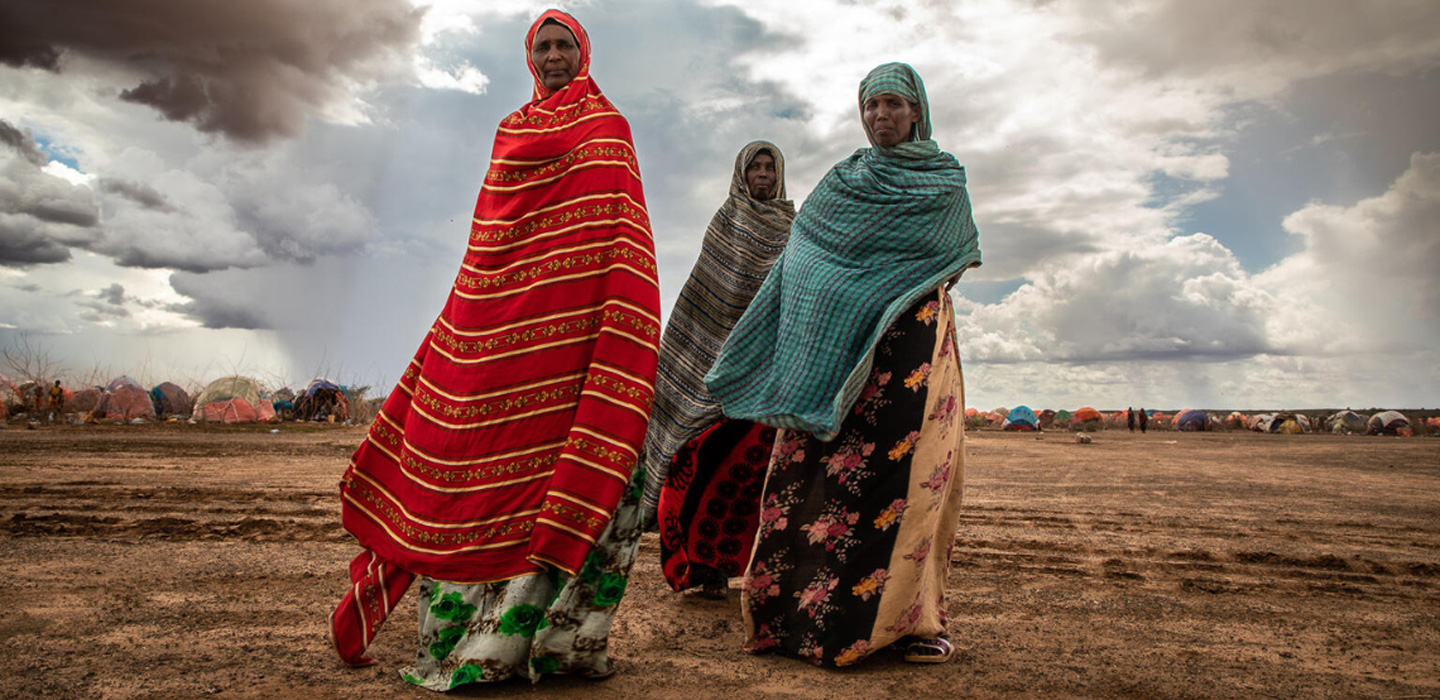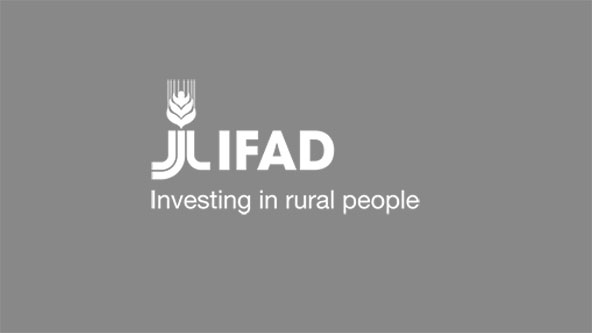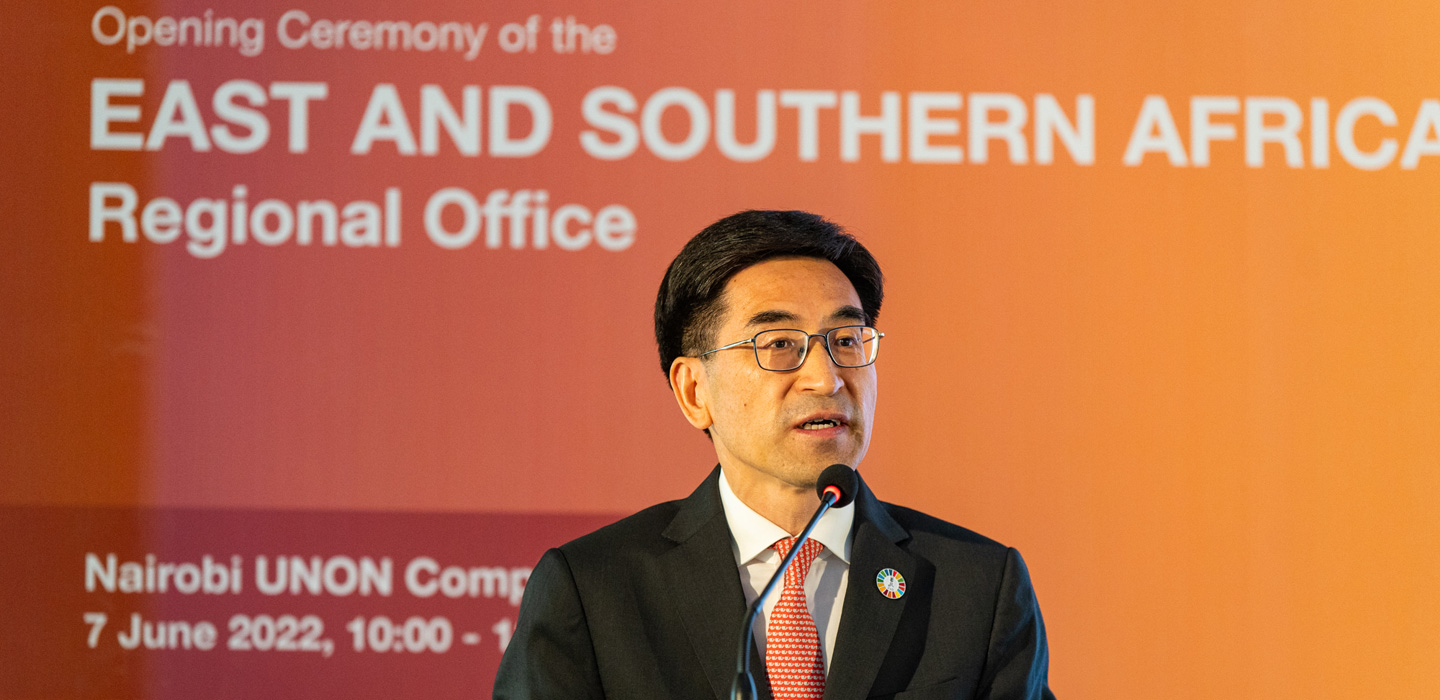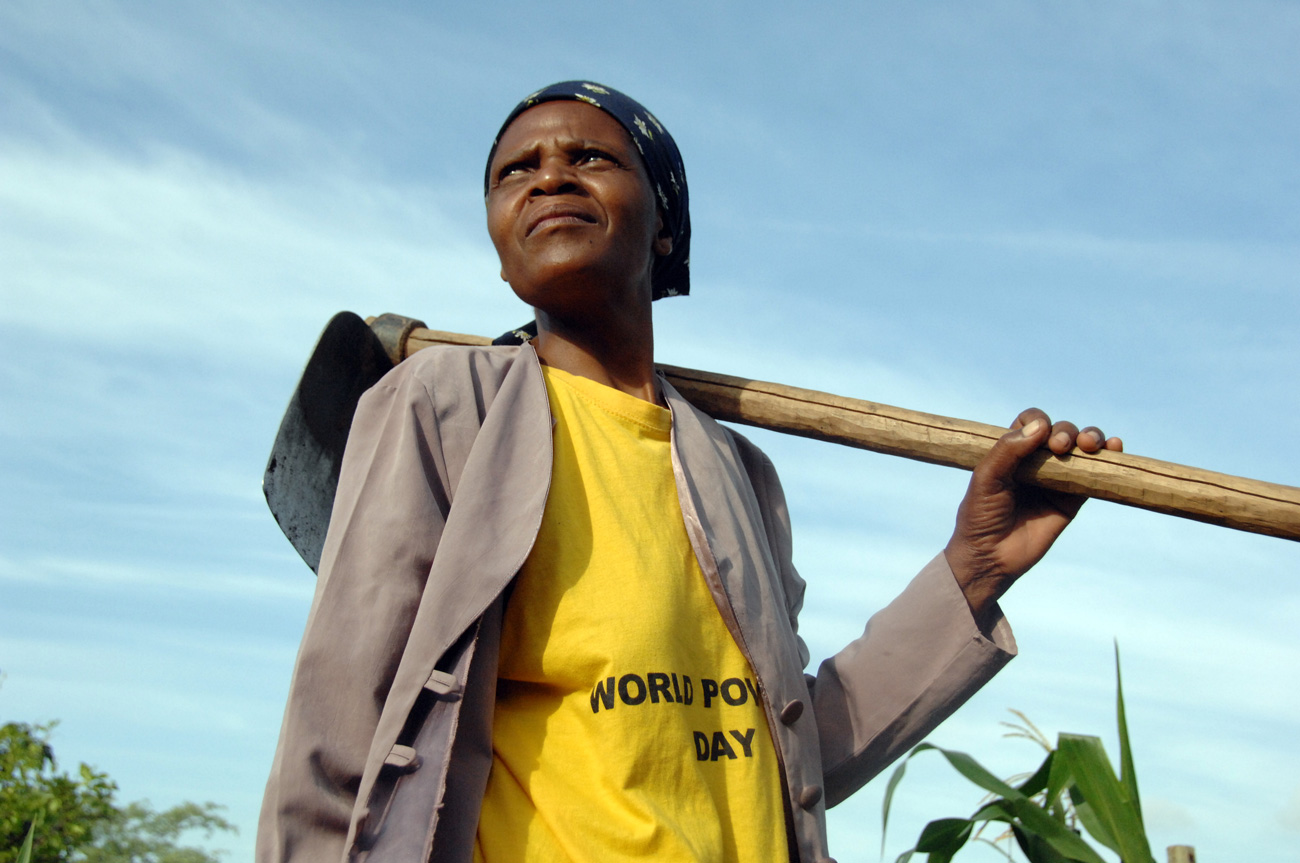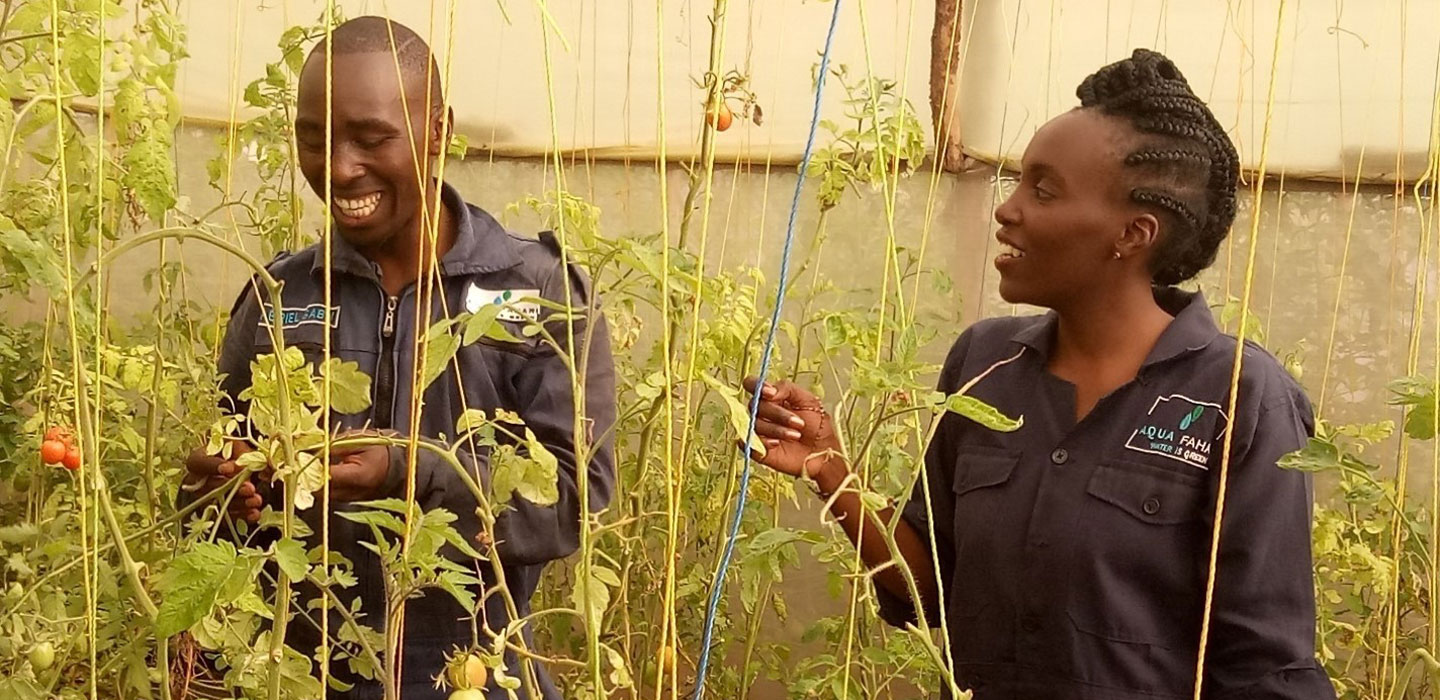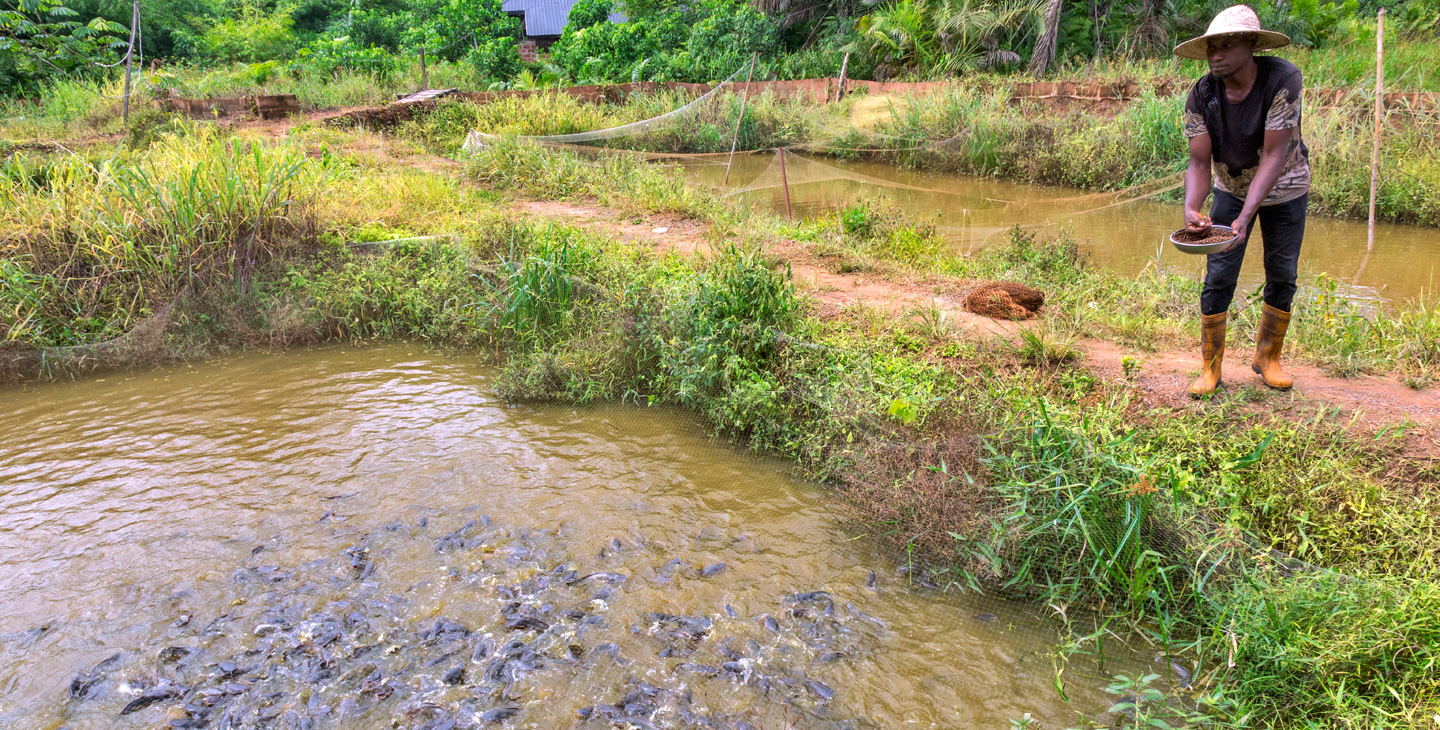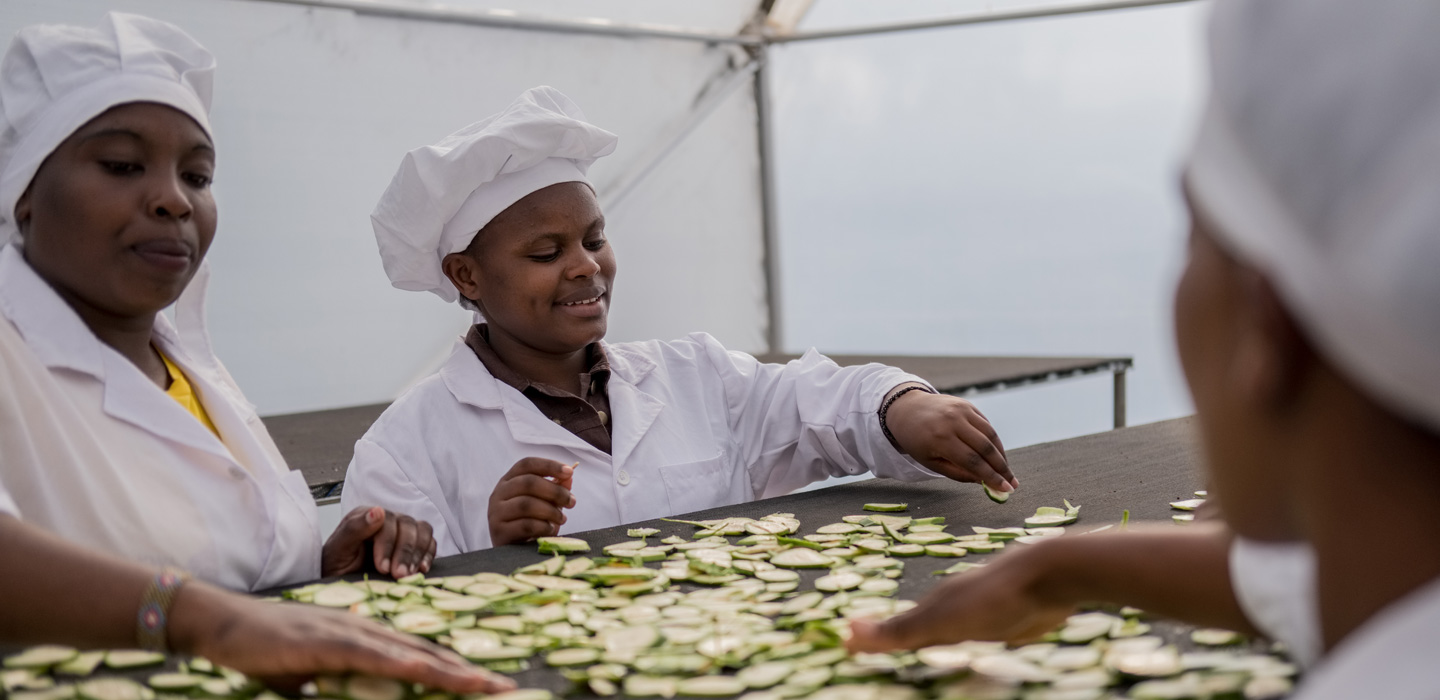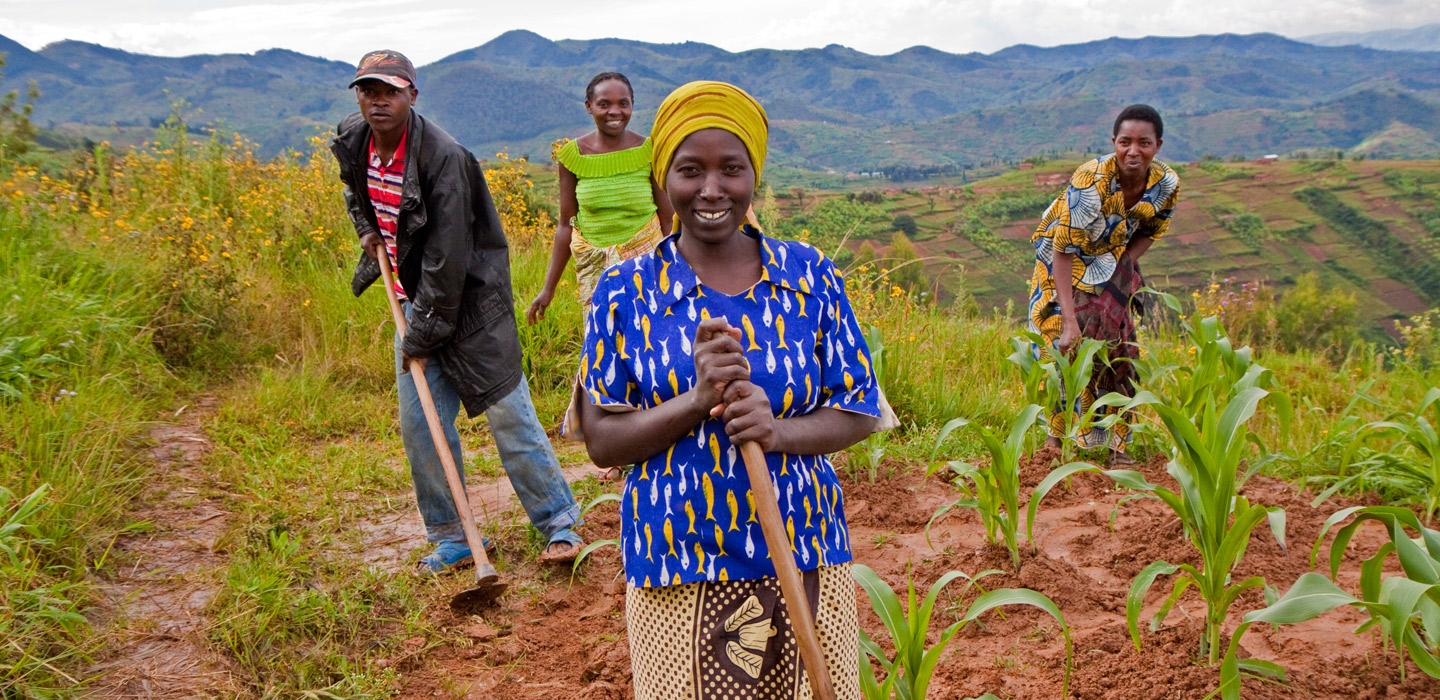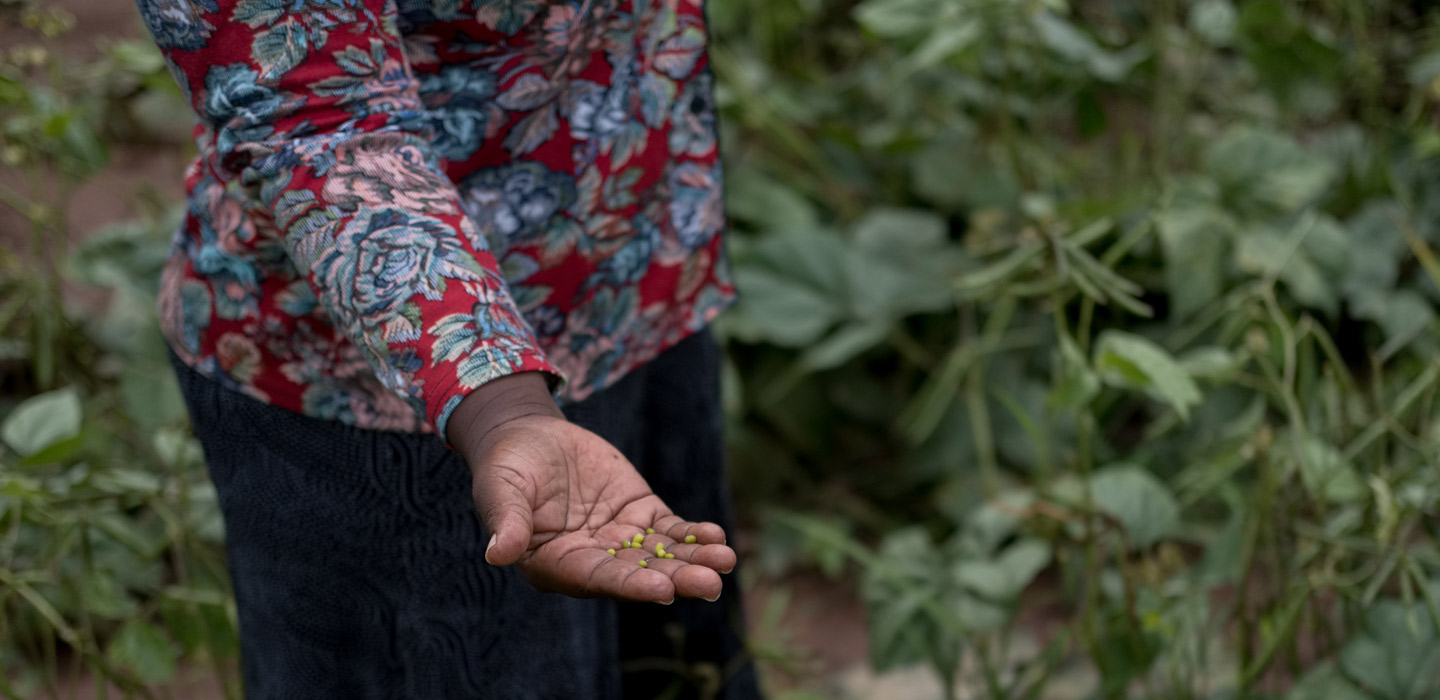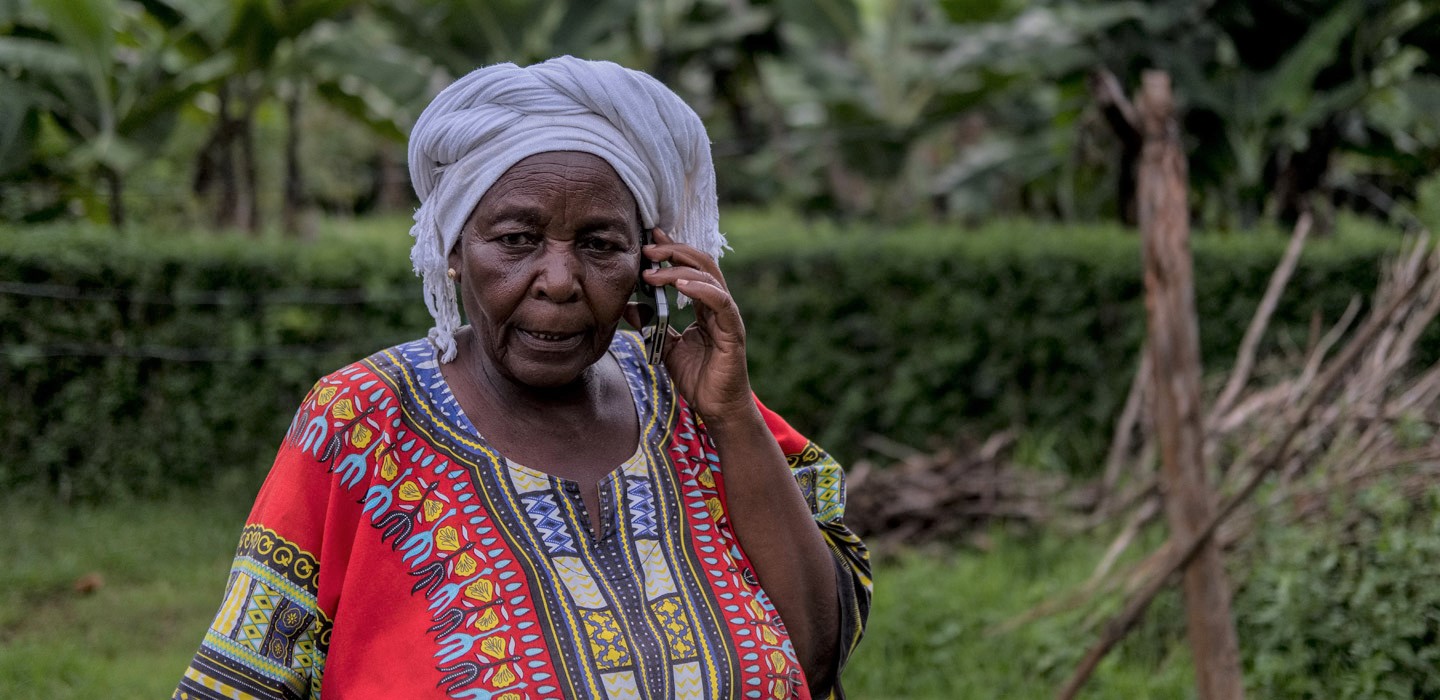Latest
Latest

Latest
Manual Submenu Topics
Search Results Filters
Search Results
IFAD launches innovative financing mechanism to support small-scale food producers to adapt to climate change in Eastern Africa
Following the recent release of data confirming a sharp global decline in climate finance dedicated to adaptation efforts, IFAD and partners have today unveiled a new financing mechanism to boost support to small-scale food producers in rural communities in Kenya, Rwanda, Tanzania and Uganda to adapt to a changing climate.
Investing in a better future: East and Southern Africa
East and Southern Africa is home to a diversity of landscapes, people and challenges. We sat down with Regional Director Sara Mbago-Bhunu to talk about rural life and the importance of investment.
As Cyclone Freddy breaks records, vulnerable rural people are in the eye of the storm
For over a month, Cyclone Freddy has been battering south-east Africa. This may be the longest-lasting tropical cyclone ever recorded—and vulnerable rural communities are in the eye of the storm. We explain what this means for IFAD’s project participants in the region.
IFAD and African Development Bank are on a mission to boost agricultural productivity in Africa
As food security for millions of Africans continues to be impacted by rising food and fuel prices further compounded by threats of a debt crisis in some countries, the African Development Bank (AfDB) and IFAD are joining forces to address the structural problems hampering agricultural productivity in Africa through a new programme aimed at feeding Africa sustainably.
How smallholder farmers in Madagascar, Burkina Faso and Eswatini endured the coronavirus pandemic
When covid-19 brought the world to a standstill, IFAD helped farmers’ organizations adopt new ways of operating amid a global pandemic.
Farmer organizations convene amid crisis to discuss support for small-scale farmers in East and Southern Africa
As crippling spikes in food and energy prices continue to hit East and Southern Africa, the devastating impact of climate change on the productive capacity of small-scale farmers has become an urgent issue. Therefore, IFAD and farmer organizations from the region are jointly convening the Regional Farmers’ Forum, in Dar es Salaam, Tanzania on 24 – 25 November, to galvanize greater efforts to build farmers’ resilience through partnership.
Climate Change in Africa, what’s really happening? – Episode 37
COP27 is upon us – join us for an African perspective on what to expect from this year’s UN climate change conference in Egypt.
Hungry caterpillars threaten Kenya's crops. Can plants provide a natural pest control solution?
Kenyan farmers and their crops face a tiny but destructive threat: the fall armyworm. With climate change causing more infestations, push-pull technologies are a sustainable and affordable way of naturally controlling pest numbers. Find out how this simple but effective technology works.
It’s time to transform African agriculture. These numbers show why
African agriculture is at a crucial juncture. It has enormous potential to not only feed Africa, but also the world. Yet, global conditions are holding small-scale African farmers back. Five numbers show how transforming African agriculture can make a big difference.
East Africa is experiencing its worst drought in decades. It’s time to invest in climate adaptation
East Africa is experiencing one of the worst droughts in decades, with millions facing food insecurity as crops fail, livestock die and water sources dry up. Read how IFAD is building resilience to climate change and what else needs to be done.
Designing projects from the ground up: Insights and lessons from Ethiopia
At IFAD, we take a community-driven, bottom-up approach to project design. This creates a sense of ownership for rural communities and governments alike. A recent example from Ethiopia shows how government and communities came together to design investments in building resilience.
Launch of the first Mobileremit Africa Report for financial and digital inclusion
The MobileRemit Africa Report provides a framework to help countries identify data gaps, measure how enabling their policies are and the operating market environment for mobile-enabled remittances.
IFAD opens regional office to better serve the small-scale farmers in East and Southern Africa
IFAD today officially opened its East and Southern Africa regional office to help the institution meet its goal of reducing hunger and poverty.
As COP15 tackles desertification, here are three ways IFAD is helping farmers in sub-Saharan Africa build their resilience to climate change
Sub-Saharan Africa’s drylands – that is, the areas where more water is lost through evaporation than gained through rainfall – are facing widespread degradation. There are many factors causing this, but one of the most prominent is the use of agricultural practices that aren’t adapted to the land, such as overgrazing and intensive agriculture.
Lending a hand – and finance – to young agricultural entrepreneurs in East Africa
We know a thing or two about connecting youth with the financial services they need to start a business – but there’s always more to learn. Here, we reflect on some of our “lessons learned” as part of a recent grant programme in East Africa.
Norway commits funds to IFAD to lift aquaculture communities out of poverty and lower malnutrition in Kenya, Mozambique and Tanzania
As more people spiral into hunger and poverty due to pandemic restrictions, climate change and conflicts, the Norwegian Agency of Development Cooperation (NORAD) has committed NOK 45 million (US$5 million) to increase the incomes and build the resilience of small aquaculture farmers in Kenya, Mozambique and Tanzania, IFAD announced today.
IFAD to increase investment and presence in transforming food systems in East and Southern Africa
The IFAD regional team held its annual East and Southern Africa Business Planning meeting to outline a vision for the next three years, under the IFAD 12 replenishment cycle. With less than 10 years to achieve the Sustainable Development Goals (SDGs), and the region’s small-scale farmers and rural people suffering the effects of the pandemic, climate change impacts, locust infestation and other crises, it is essential to plan bold actions to preserve and advance development gains.
IFAD report predicts steep drop in African staple crops by 2050, prompting urgent call for adaptation funding at COP26
Staple crops in eight African countries could decrease by as much as 80 percent by 2050 in some areas if temperatures continue to rise due to climate change, according to a report released today by IFAD.
The Gilani Umoja Youth Group reaps their rewards
The Gilani Umoja Youth Group was founded in 2017 as a way to create jobs for local youth and ensure a steady supply of cereals and other staple crops. Despite some struggles at first, their business is now a source of livelihoods for themselves and others in their community.
African small-scale farmers use radio and mobile phones to send a message of optimism and caution to world leaders attending Food Systems Summit
Small-scale farmers in sub-Saharan Africa are impacted disproportionately by climate change, poverty and undernutrition, yet a report released today shows many remain optimistic about the future of farming.
